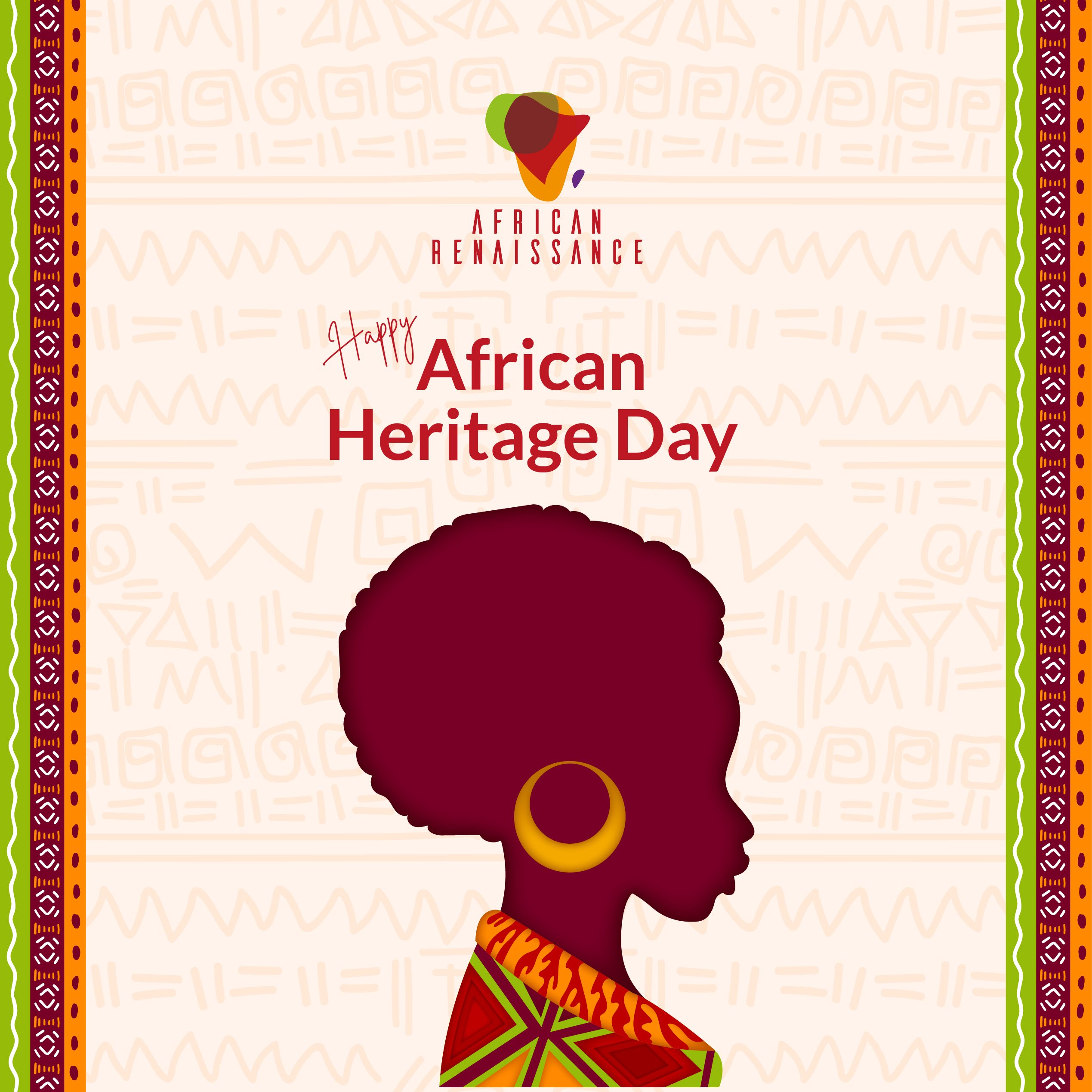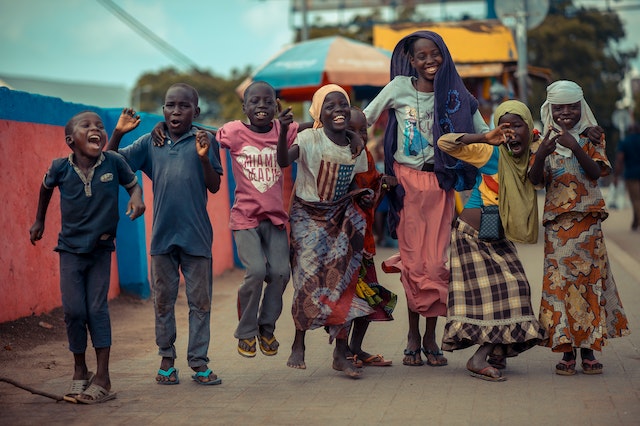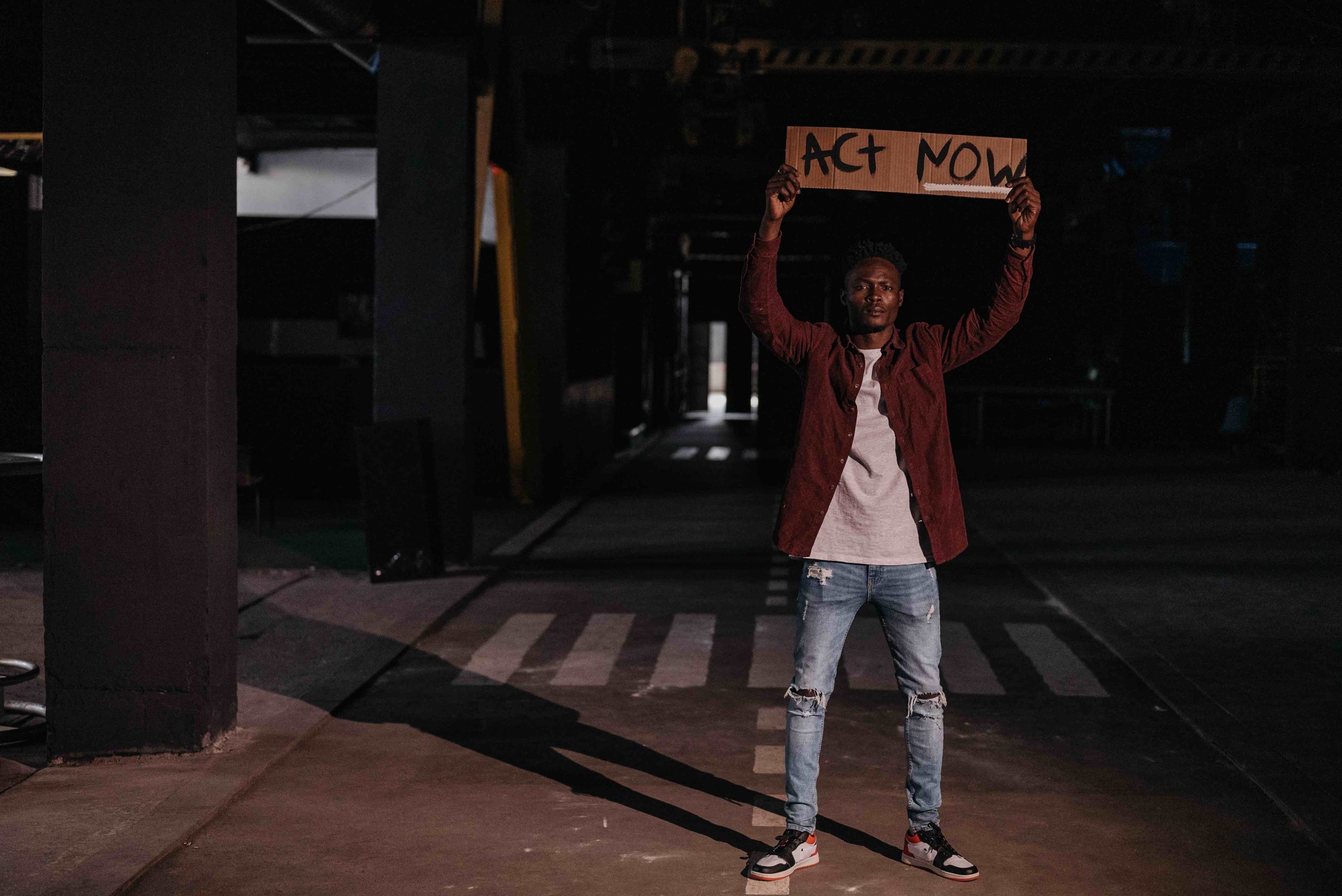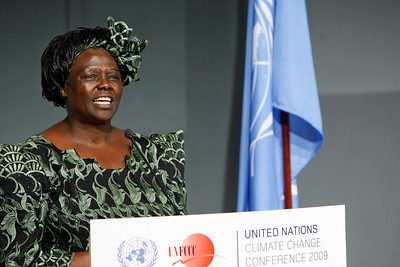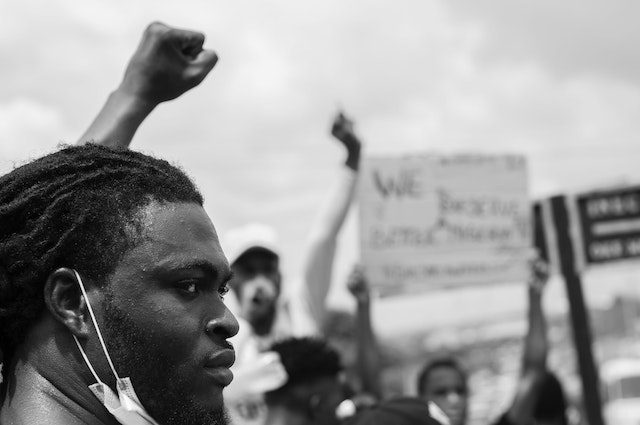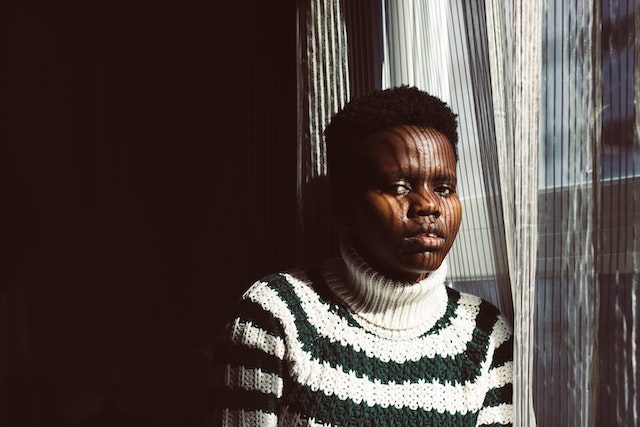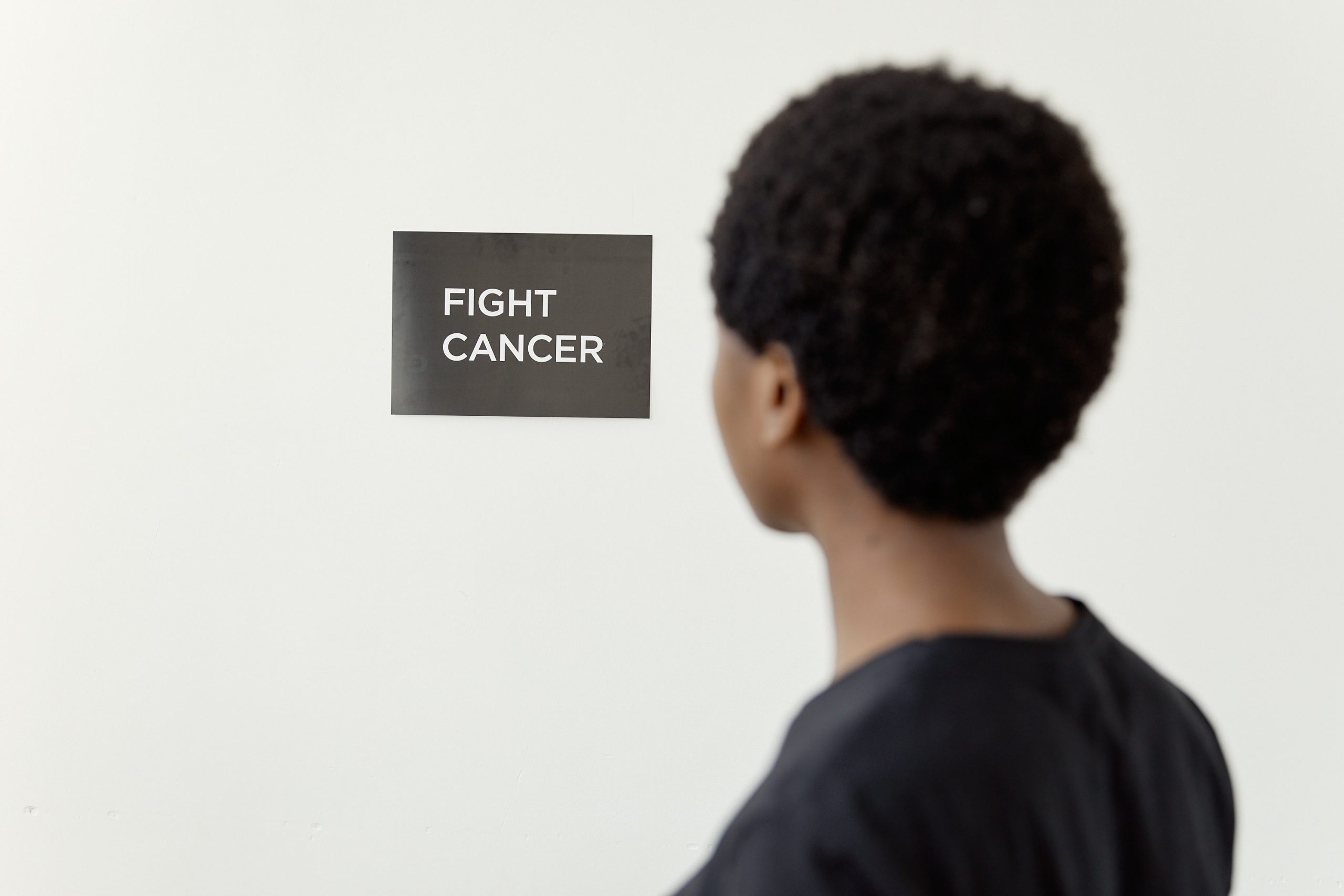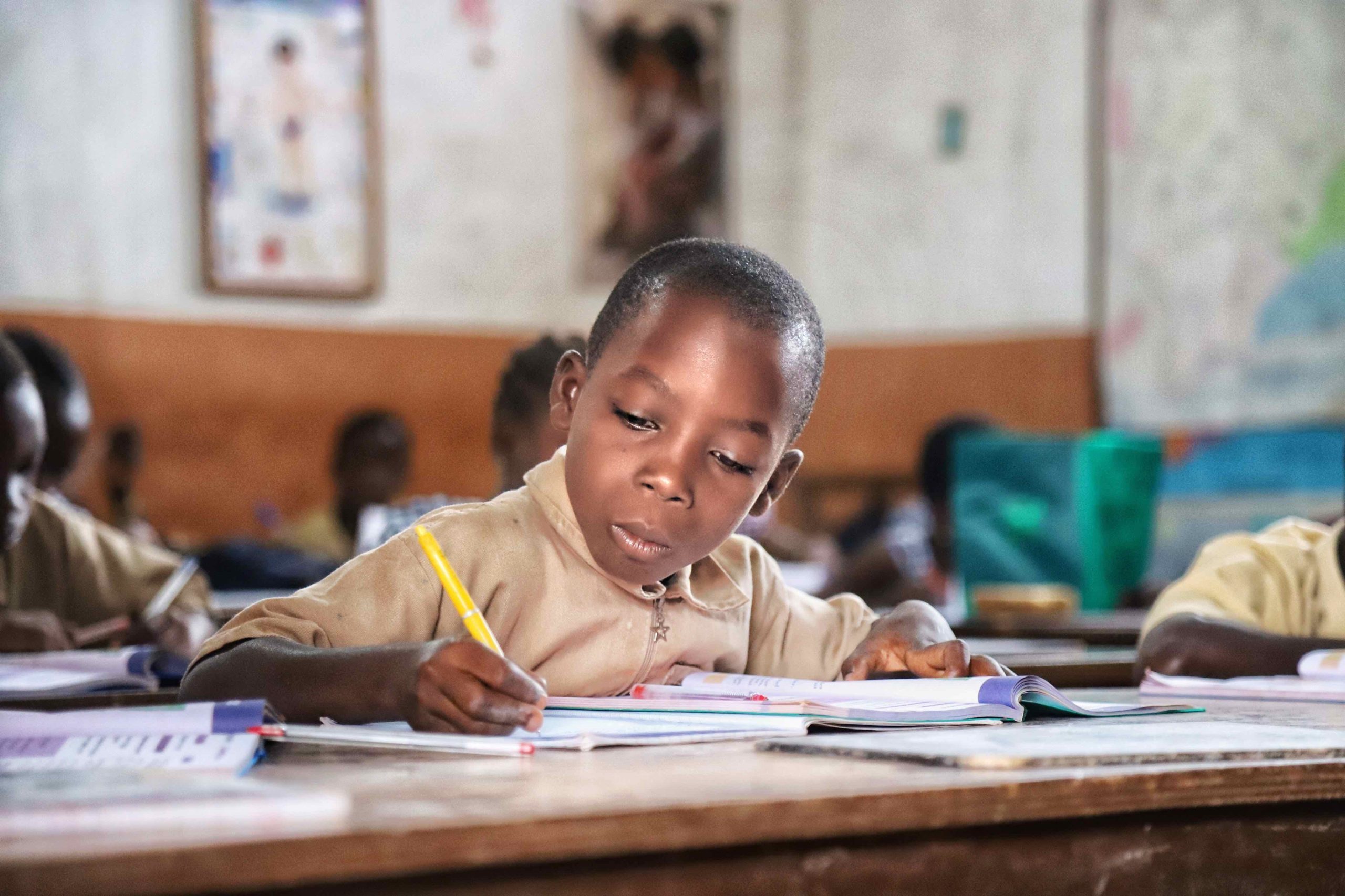Celebrating Africa’s Cultural Heritage:
A Priceless Legacy
Introduction:
Africa is a continent that boasts a rich diversity of cultures and is home to a superfluity of cultural treasures. As we celebrate African Heritage Day, it is crucial to recognize the importance of preserving and nurturing Africa’s unique cultural identity. At African Renaissance, we recognize this African Heritage Day as an occasion that serves as a call to our leaders and communities across the continent to unite in safeguarding this priceless legacy for generations to come.
Preserving Africa’s Cultural Heritage:
Africa’s cultural heritage is a mosaic of traditions, customs, languages, arts and beliefs that have shaped the continent’s identity throughout history. It is a tapestry woven by countless generations, each contributing their own distinct thread. From the ancient kingdoms of Egypt and Mali to the vibrant Swahili coast and the rhythmic beats of West African music, Africa’s cultural heritage is a treasure trove that deserves our utmost care and attention.
However, in the face of globalization and rapid modernization, Africa’s cultural heritage faces various challenges. Urbanization, the erosion of traditional practices, and the homogenization of global cultures all pose significant threats. It is crucial, now more than ever, to work collectively to preserve and protect what makes Africa truly special.
The Role of Leaders and Communities:
We call upon our leaders across the African continent to embrace their responsibility of nurturing and safeguarding Africa’s cultural heritage. It is imperative for governments to enact policies that promote the protection and promotion of cultural diversity. This includes allocating resources for the preservation of historical sites, museums, and cultural institutions, as well as supporting initiatives that empower local artists, craftsmen, and performers.
We recognize that in addition to government action, our communities must also play a vital role in preserving Africa’s cultural heritage. It is essential to educate younger generations about their cultural roots and instill a sense of pride in their heritage. Communities can also support local artists and craftsmen by purchasing their products and attending cultural events.
Call to Action
Africa’s cultural heritage is a priceless treasure that must be cherished and protected. As we celebrate African Heritage Day, it is imperative that we unite as leaders and communities to reaffirm our commitment to preserving our rich and diverse heritage. By safeguarding Africa’s cultural identity, we empower ourselves, inspire creativity, and ensure that the legacy of our ancestors lives on.
Together, we can create a future where Africa’s cultural heritage thrives and continues to enrich the lives of generations to come. Let us take pride in our heritage and work towards preserving it for future generations. By doing so, we not only honor our past but also pave the way for a brighter future.
Join us in celebrating African Heritage Day and let us come together to honor the beauty and richness of Africa’s cultural heritage.

